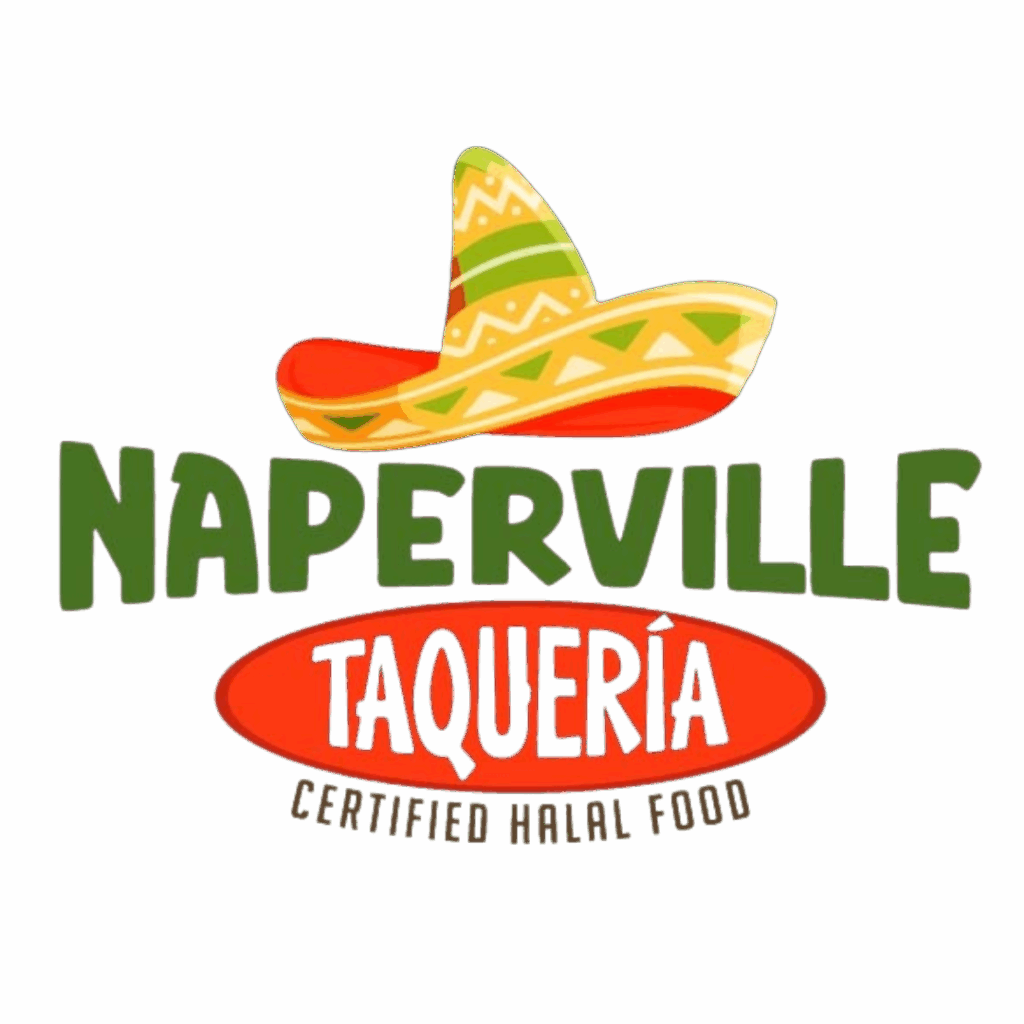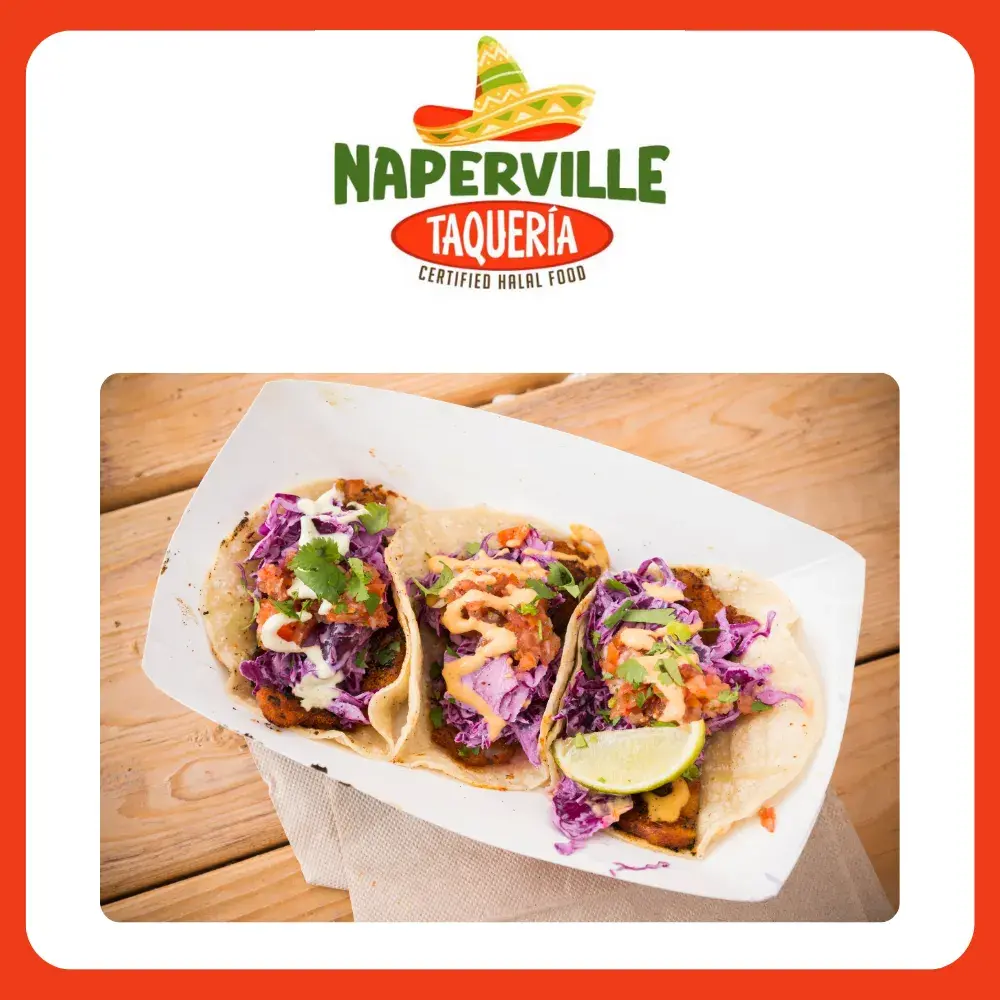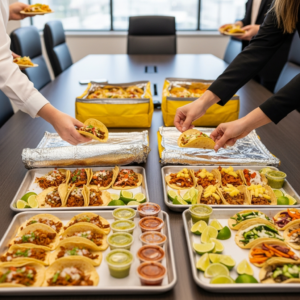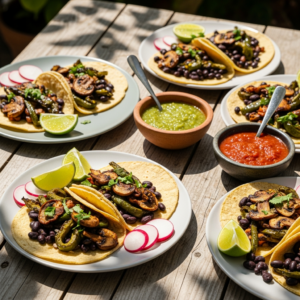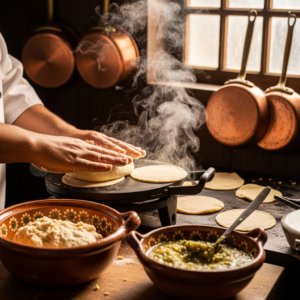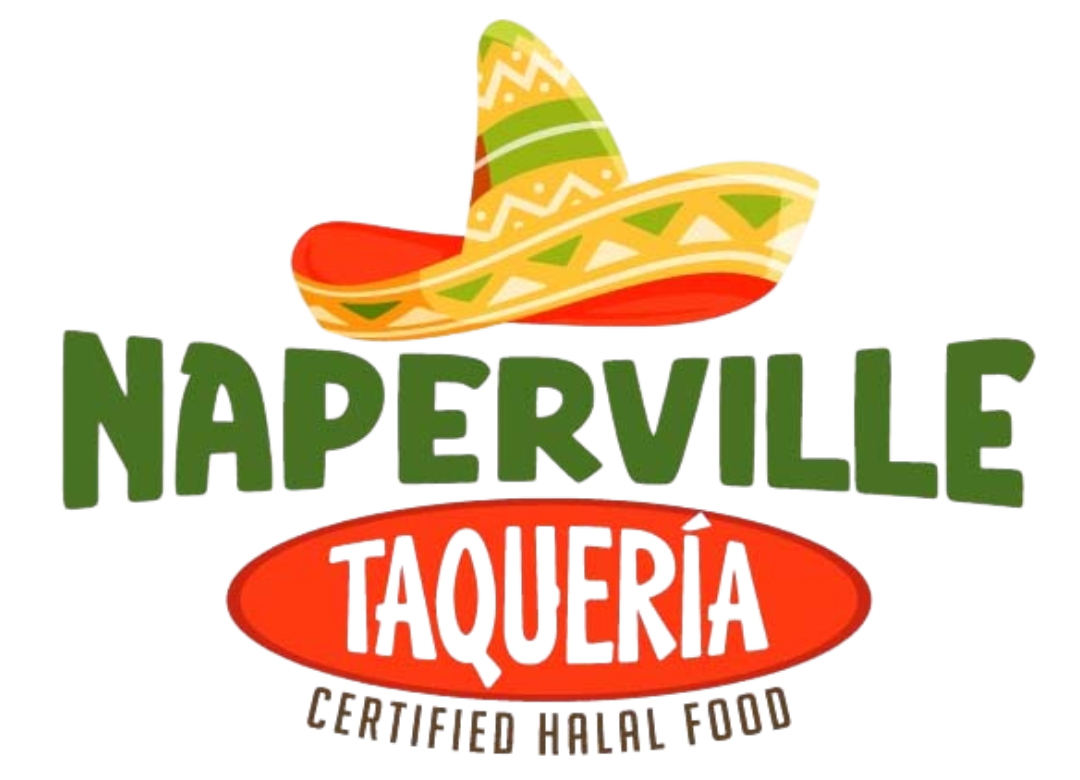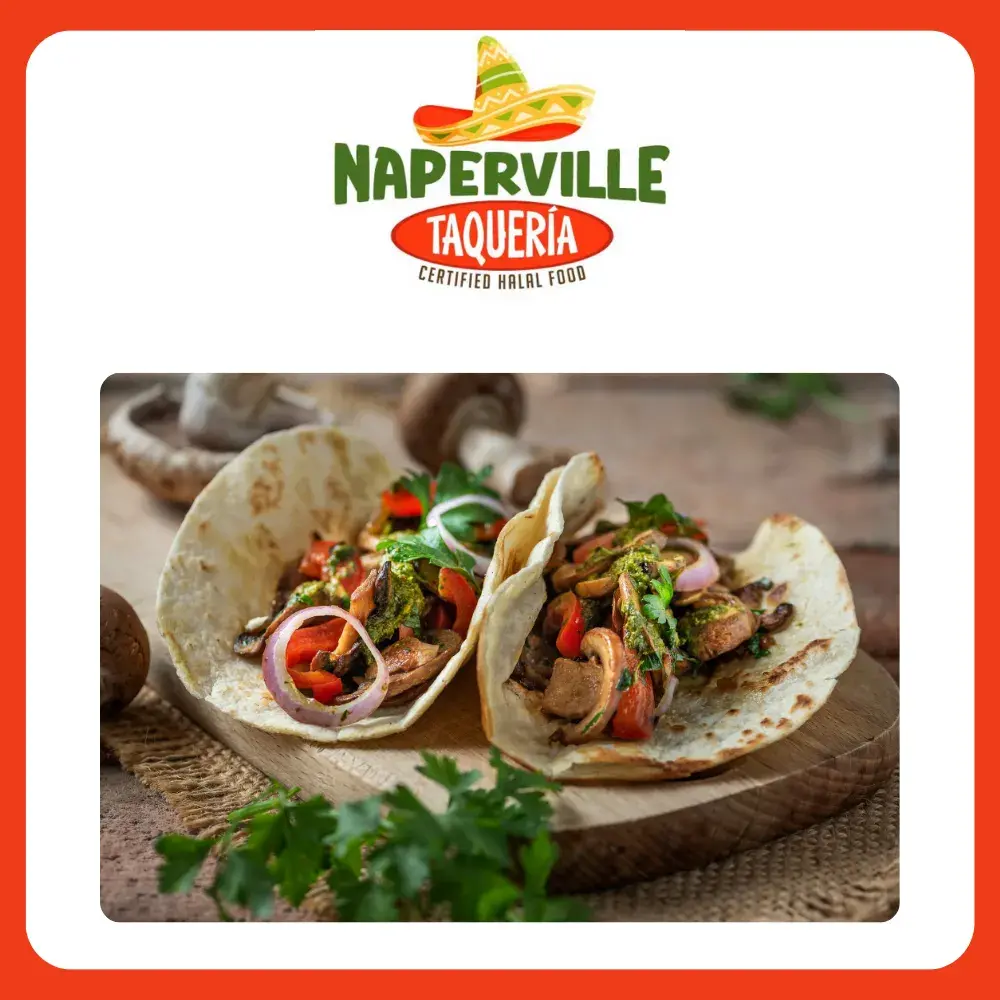Long before tacos became a symbol of Mexican culture and a beloved dish worldwide, their origins trace back to ancient civilizations. The journey of the taco begins with the indigenous peoples of Mesoamerica, whose culinary traditions laid the groundwork for the tacos we enjoy today. Exploring the early influences on taco-making provides a fascinating glimpse into history, revealing how food, culture, and survival were closely intertwined.
The Corn Connection: Mesoamerican Roots
The foundational ingredient in traditional tacos, the corn tortilla, has deep roots in Mesoamerican culture. Corn, or maize, was more than just a staple crop; it was revered as a sacred plant, central to the diet and spirituality of ancient civilizations like the Aztecs and the Maya. They developed the process of nixtamalization, soaking maize in an alkaline solution to create a more nutritious dough, known as masa. This innovation was crucial not only for nutrition but also for creating the early form of tortillas, which would later be used as the base for tacos. In this way, the origins of tacos are directly tied to the cultural significance of corn in Mesoamerica.
Ancient Eating Habits: Wrapping and Filling
The practice of wrapping food in flatbreads or tortillas dates back to ancient times. The Aztecs, for instance, were known for using tortillas to hold various fillings, such as small fish, beans, and chiles, making meals easier to carry and consume. While the term “taco” itself might not have been used, the concept of combining tortillas with other ingredients was already present. This form of eating was practical and portable, providing nourishment for workers, soldiers, and travelers alike, thus shaping the early days of what we recognize today as the taco tradition.
Cultural Influences: The Impact of Trade and Conquest
The evolution of tacos continued to be influenced by cultural exchanges over the centuries. When the Spanish arrived in the 16th century, they brought along their culinary traditions, such as various meats and new spices, which blended with indigenous ingredients. The introduction of livestock and dairy products contributed to the diversification of taco fillings, expanding beyond the traditional beans, insects, and native vegetables. This cultural fusion marked a significant period in the transformation of the early taco into a more complex and varied dish.
The Legacy of Ancient Cuisine in Modern Tacos
Today, the taco remains a versatile dish that carries the legacy of ancient culinary practices. While modern tacos feature a wide array of ingredients and styles, the fundamental principles remain rooted in history: simplicity, portability, and the use of corn tortillas. Regional variations in Mexico, such as tacos al pastor, barbacoa, or fish tacos, still reflect a blend of ancient practices and later cultural influences. As we savor each bite, we are unknowingly participating in a tradition that dates back thousands of years, celebrating the enduring connection between food, culture, and history.
Learn More
The Spanish Conquest and Its Impact on the Evolution of Tacos
